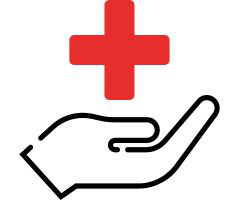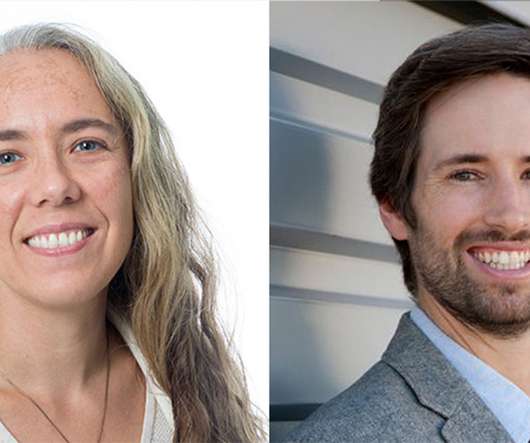5 Essential Services Provided by Primary Doctors
Hitchcock Family Medicine
AUGUST 5, 2022
A primary care physician is the first point of contact when people want to receive care. According to the Center for Disease Control and Prevention, over 50% of doctor office appointments are made with primary doctors. With that said, check out some essential services primary care physicians offer.












Let's personalize your content